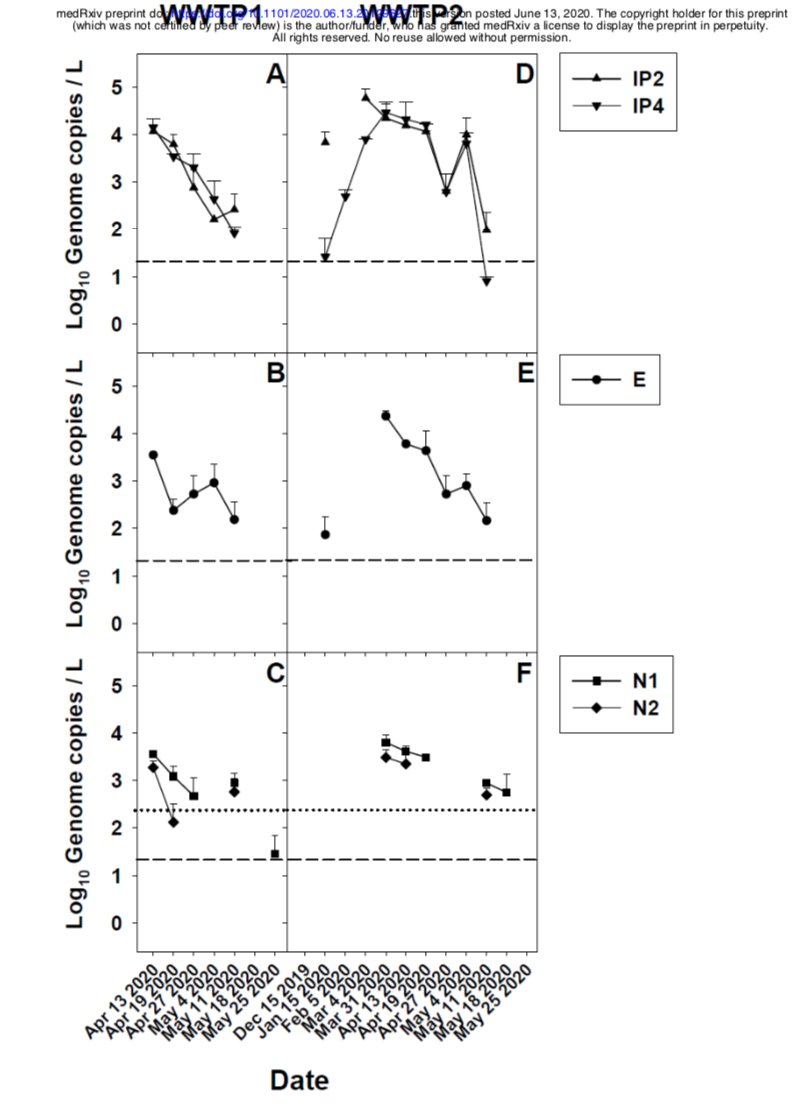#Thread
12 Most Powerful Hanuman Mantras
Hanuman ji is the Hindu God of strength, valor, agility, and wisdom. He is considered as the incarnation (avatar) of bhagwan Shiva. Hanuman ji is the symbol of devotion and dedication. He is the greatest devotee of Prabhu Shri Ram. 1/n
Hanuman ji is known by several names such as Bajrangabali, Mahabali, Maruti Nandan, Pawanputra, Mahaveer, and Anjaneya. Hanuman ji is the son of Bhagwan Vayu, the wind god.
God Hanuman played a prominent part in rescuing Mata Sitafrom the bondage of demon King of Lanka, Ravana.
One can worship Hanuman ji by chanting Hanuman Mantras. There are many different types of Hanuman Mantras, each fulfilling a specific purpose. Hanuman Mantras help to beget the blessings of Mahabali Hanuman for success. 3/n
Let’s explore these powerful Hanuman Mantras one by one. Here’s the list for you:
1. Hanuman Moola Mantra
!! Om Hanumate Namah !!
ऊँ हनुमते नम:
You can chant the “Hanuman Moola Mantra if you usually face problems and obstacles in your life.4/n
#hanumanjanmotsav
However, the Human Moola Mantra is also a very powerful success mantra.
It’s a Kaarya Siddhi Mantra.
It is highly advised that all those who usually face obstacles and problems in their life should chant the Hanuman Moola Mantra. 5/n
#hanumanjanmotsav



